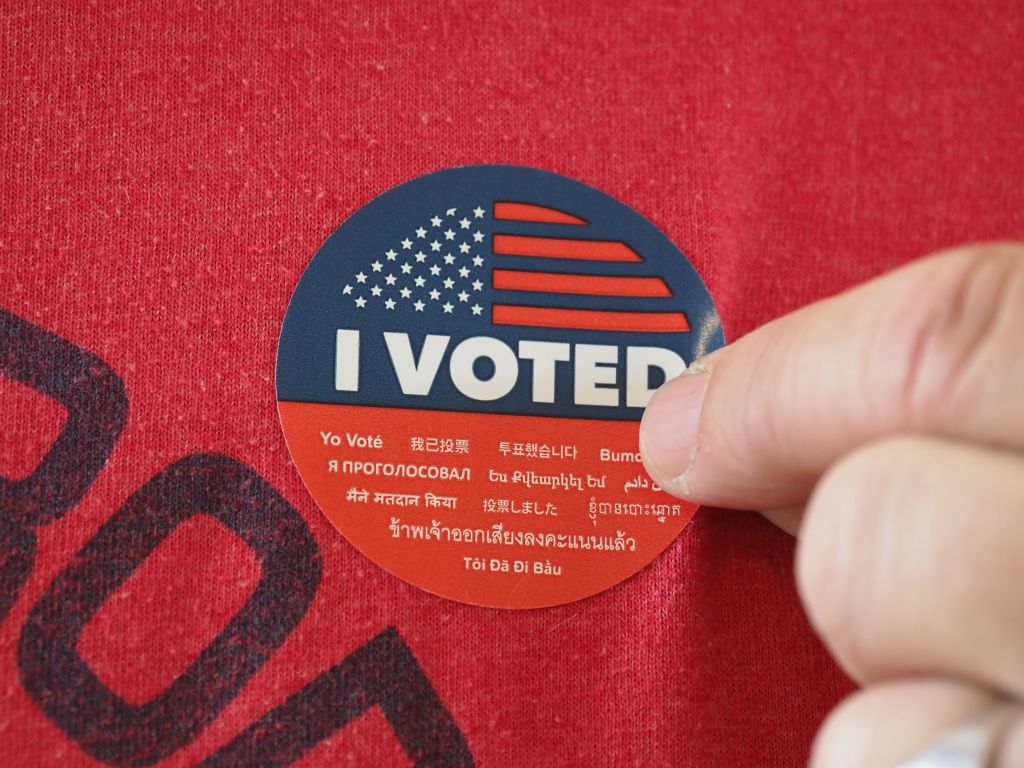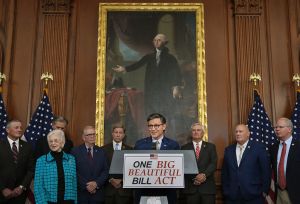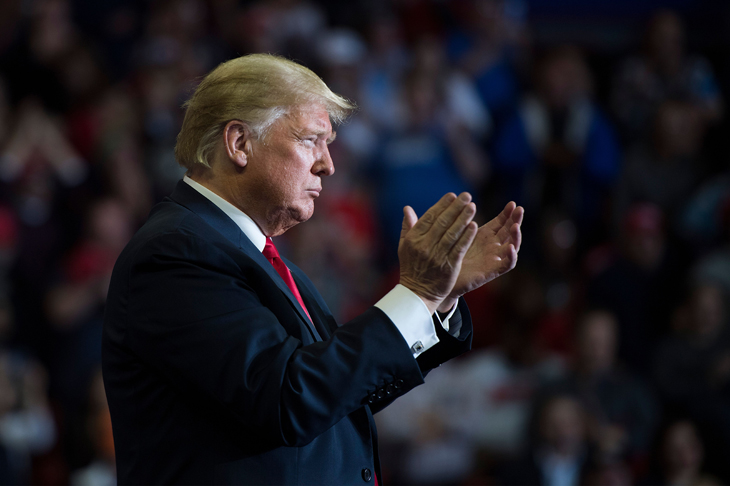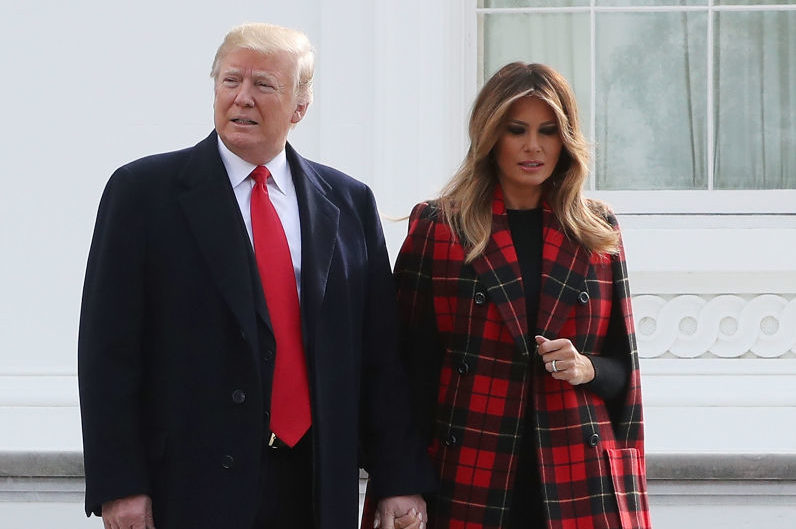Would you like to forecast a ‘better than expected night for the GOP’? Start saying things like ‘interest levels in the elections are broadly similar between the two parties — if Dems were going to have such a great night, why aren’t they ahead in this key metric?’ or, ‘remember the enthusiasm gap closed after the Kavanaugh hearings.’
On the other hand, if you want to make the case for the Blue Wave, you’ll probably find there’s even more data to help back you up. Start by looking to YouGov/CBS News’s final MRP model (the same approach that proved super accurate in last year’s UK general election) showing a likely 225-210 Democratic win in the House.
This is similar to Nate Cohn’s impressive polling transparency project at the Upshot which shows the Democrats on track to win the House too. As Cohn tweeted, ‘Occasionally, I like imagining that our polls were *exactly* right. They’re not, obviously. But it’s fun. Overall, Dems would gain 32, supposing everyone else won where favored.’
Occasionally, I like imagining that our polls were *exactly* right. They're not, obviously. But it's fun
Overall, Dems would gain 32, supposing everyone else won where favored.
And you'd have 4 races within 1000 votes: NM-2, UT-4, KY-06, ME-02, including a 130 vote margin in NM-2— Nate Cohn (@Nate_Cohn) November 5, 2018
And there’s more good news for Dems from the respected NBC/Marist poll today showing the previously endangered Democratic Sens. Claire McCaskill of Missouri and Bill Nelson of Florida pulling ahead by three points and four points respectively.
new NBC/Marist polls:
MO Sen: McCaskill +3
FL Sen: Nelson +4
FL Gov: Gillum +4— John Harwood (@JohnJHarwood) November 5, 2018
What’s telling about this split in the data is how it demonstrates that while models and direct head to head polls point to a good Tuesday for Democrats, there are factors at work beneath the top lines of the polls that show how the less likely scenario of a good night for Republicans might come to pass. After the complacency of the media, pollsters and Democrats alike in 2016, this more mature, more nuanced attitude is as healthy as it is needed in terms of course correcting against the grip of political groupthink.
That’s where a more careful examination of the early voting numbers can be instructive. Wise commentators like Nevada’s Jon Ralston and Florida’s Steve Schale (who despite his outright Democratic Party partisanship offers analysis that is respected by Republicans and press alike) say that the balance of the Early Vote numbers point to Democratic victories in these key swing states.
But there are caveats and as 2016 showed, caveats matter: like the simple fact that high early vote numbers alone are not enough. It’s the composition that matters! And there are some indications that the record early vote turnout may not be as dominated by the Democrats (in Florida particularly) as first appears. Do check out Ralston and Schale’s sites for details and caveats alike.
So, having said that you can read the data both ways, then hedged by saying most of it still favors the Blues, what do I really think will happen tomorrow?
Well, pushed to it, I’d guesstimate the Democrats have a 60 percent chance of a good night (retake the House), and say a 20 percent chance of a great night (big House win and a 50/50 split in Senate seats — maybe even winning the Democratic dream of Blue Texas with a Beto O’Rourke win too). But I’d also say there’s about the same chance of the Republicans having a good night (holding the House and winning new Senate seats in North Dakota, Missouri and Florida too perhaps). So put me down for a good, but not necessarily great, night for the Blue team.
Marcus Roberts is Director of International Projects at YouGov.

























